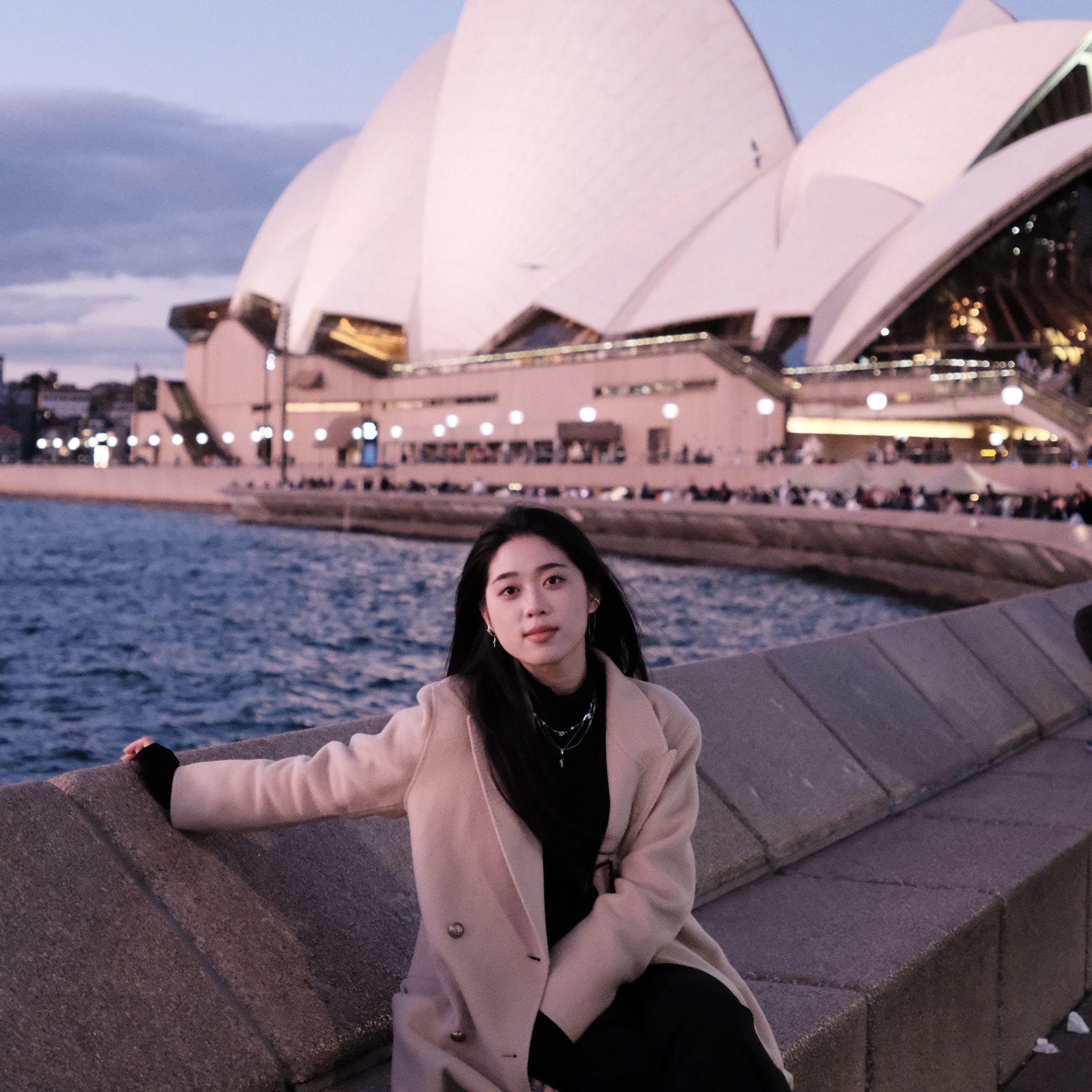What it does
INKIT is a compact pigment-mixing device that modernises the traditional Chinese method of making paint from mineral powders, turning it into an interactive cultural and educational experience. It encouraging users to explore the traditional materials.
Your inspiration
The inspiration for INKIT came from my childhood experience learning traditional Chinese painting. Chinese painting use of natural mineral pigments, which must be carefully ground and mixed by hand. While process is deeply meaningful, it is also time-consuming and often difficult for beginners. I wanted to create a solution that preserves the cultural and educational value of this practice while making it more accessible, efficient, and engaging—especially for young learners and modern creatives. This led to the idea of INKIT: a tool that brings the beauty of tradition into a form that fits contemporary lifestyles and learning environments.
How it works
INKIT is a two-part pigment-mixing device that reimagines traditional Chinese paint preparation through a clean and user-friendly process. It allows users to create customized colors using natural mineral pigment powders in a way that is both intuitive and educational. First, users select their desired color and saturation using the top slider control. These materials are then dispensed from the bottom of the pigment unit directly into a small dish. Next, the user pours the pigment-glue mixture from the dish into the glass tube of the grinding unit. By pressing the gold control button, the grinding mechanism is activated. After a short period, the blended paint is ready for use. Finally, the user can open the grinding unit and use its lower half directly as a palette or paint dish, or transfer the mixed paint to another container.
Design process
The design process for INKIT began with a deep cultural and material exploration. The initial concept was inspired by my personal experience studying Chinese painting as a child, where I learned to prepare pigment by grinding natural mineral powders. While meaningful, this traditional method is often time-consuming, messy, and difficult for beginners. The challenge was to modernize this process while respecting its origins—making it more accessible, educational, and intuitive. Research & Concept Development The first phase involved in-depth research into traditional pigment preparation, exploring the tools, materials, and philosophies behind the practice. Sketching, Ideation & Prototyping I began with a wide range of form sketches to explore different layouts, control mechanisms, and internal structures. Through iteration and feedback, I simplified the structure, reduced unnecessary parts, and refined the base, improving both usability and production feasibility. Refinement & Final Outcome The final stages focused on optimizing internal flow and user interaction. I created 3D models, and designed exploded views to test assembly logic. The result is a clean, intuitive product that blends tradition with innovation, offering a complete and accessible pigment-making experience.
How it is different
INKIT is unique because it reimagines a traditional, culturally rich process Chinese pigment-making and transforms it into an intuitive, modern experience without losing its original meaning. INKIT is designed not just as a tool, but as an educational and cultural object. It allows users to interact directly with natural mineral pigments and experience a simplified version of a process that was once time-consuming and skill-dependent. What sets INKIT apart is its dual focus on cultural storytelling and user accessibility. It bridges the gap between heritage and contemporary design by combining traditional materials, such as natural pigments, with precise, guided technology in a clean, compact form. Most paint-mixing products are either laboratory-level devices or basic children’s kits. INKIT offers something in between: a thoughtful, elegant tool for artists, students, and creatives who want to explore tradition through a modern lens.
Future plans
The next phase of INKIT focuses on improving precision, capacity, and user flexibility. I aim to enhance color mixing accuracy and develop a higher-output version for longer or shared use. Modular, interchangeable parts will allow smoother pigment switching, supporting multiple blends in one session. Business-wise, I plan to refine the prototype and seek partnerships with art schools, cultural centers, and education platforms. INKIT aspires to bridge tradition and innovation, promoting hands-on cultural learning and deepening appreciation for material-based creativity.



Share this page on